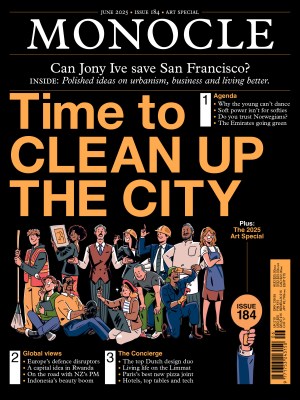UBS-sponsored-content
A modern communion
Gabriella Zamora & Aubrey Russell
Founders, Sobremesa
Partners in business and life, Gabriella Zamora and Aubrey Russell first met while living in Barcelona 20 years ago. Mexico-born Zamora and London native Russell both spent time travelling the world with a focus on food and wine.
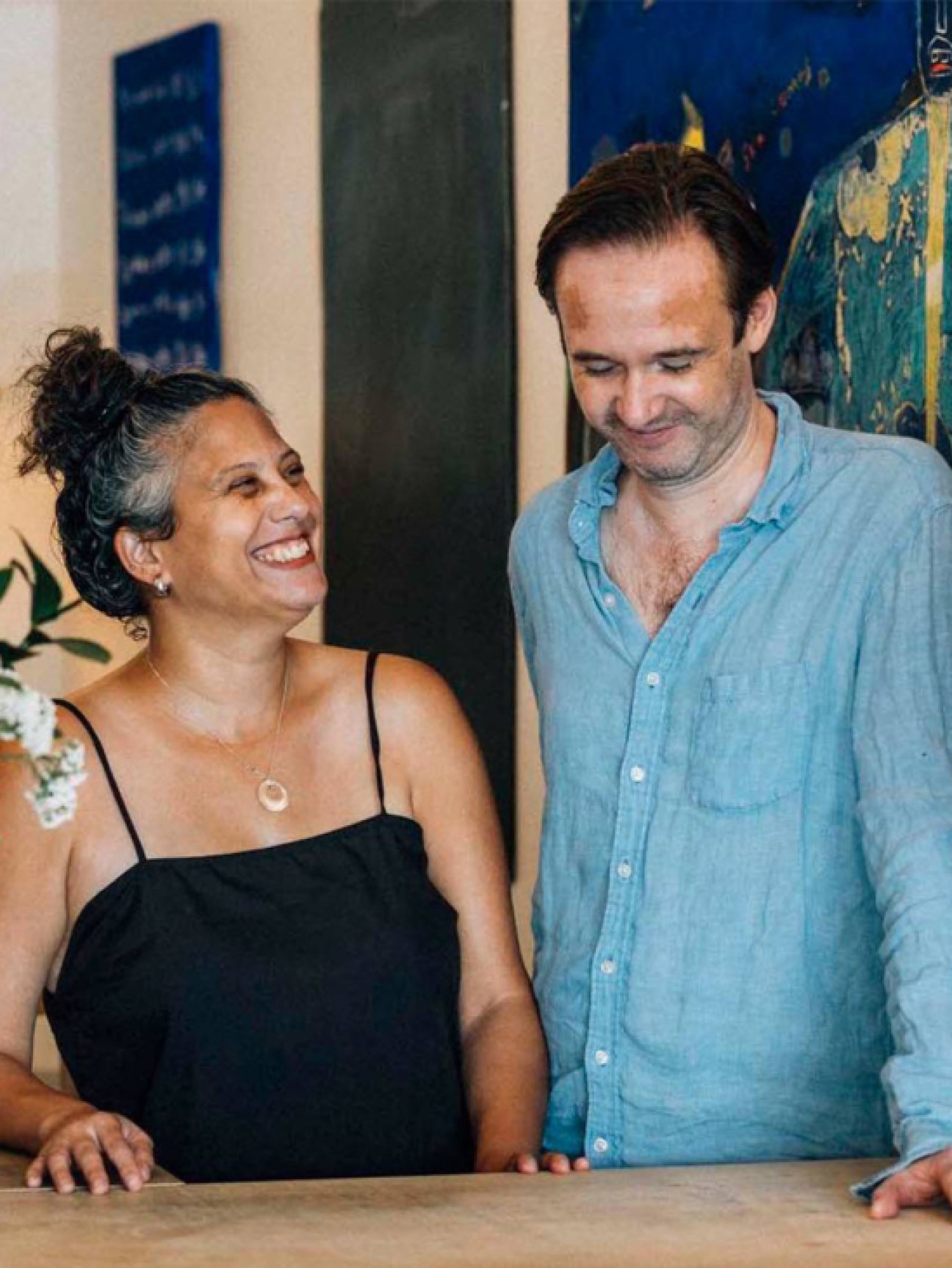
After years in the restaurant industry, starting an independent, producer-forward wine shop became their collective dream. Sobremesa was born out of a desire to bring unique wine-makers to Miami’s culinary landscape.
“We wanted to highlight wines that we believe in and love to drink ourselves,“ says Zamora. “The offerings constantly change because exploration is our obsession and a pleasure. Coming from Mexico City and London is influential too. We try to express that heritage through the shop, while also allowing Sobremesa to have its own identity in the context of Miami.”
Fostering the city’s creative scene has become a core aim of Sobremesa, bringing people together for good conversation over new bottles of wine. “Miami is a city where wine is not the first beverage of choice, but there’s intrigue and potential,” says Zamora. “Our drive comes from the shop serving as a labour of love – and a little insanity.”
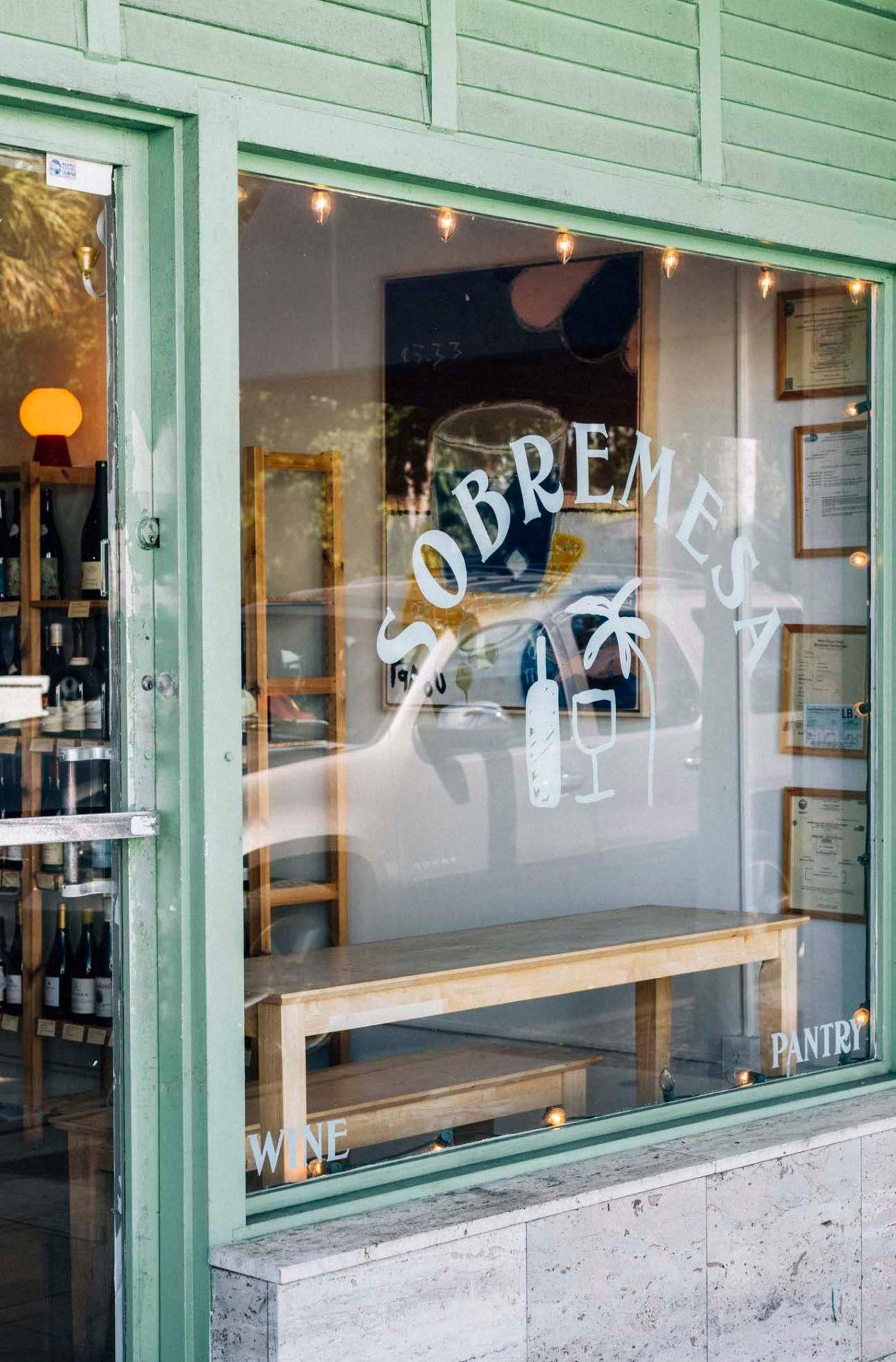
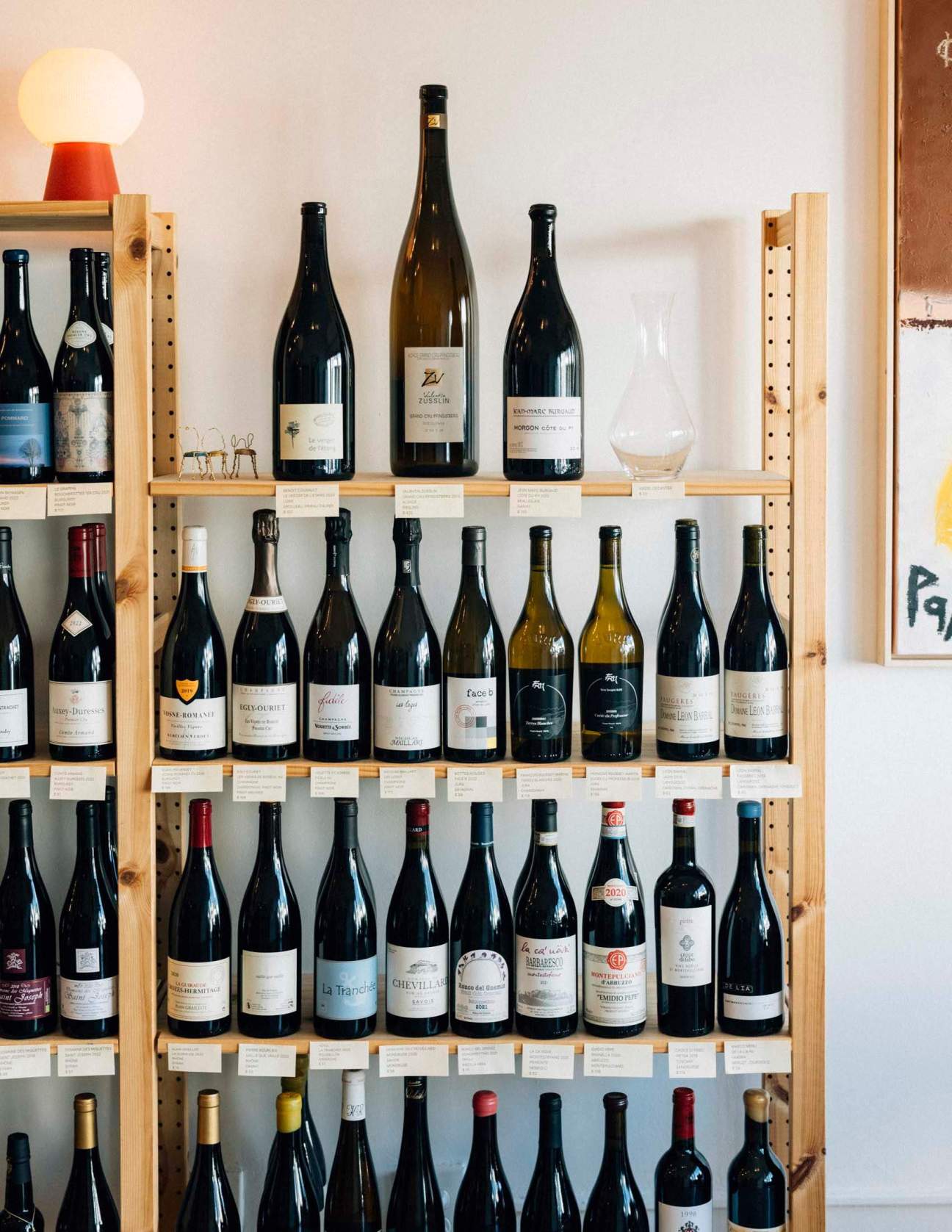
The couple’s goal is to curate an unpretentious space where everyone feels welcome. “It’s about good wine made by people who love wine – those who also connect us to the land, geography, climate, history and each other,” says Zamora. This comes across in the shop’s weekly tastings, which provide a perfect opportunity to share bottles at a communal table. “Sobremesa is an exploration,” she adds. “These are the moments that will live the longest in our memory.”
Explore a range of wines or join a weekly tasting evening at Sobremesa, 170 NE 96th Street, Miami Shores, 33138.
sobremesamia.com
World-class waters
Rachel Silverstein
CEO, Miami Waterkeeper
As the CEO of Miami Waterkeeper, Dr Rachel Silverstein is at the forefront of protecting the city’s famous beaches and world-class waterways. “Our vision is a Miami that’s resilient, sustainable and where clean water and healthy ecosystems are a given,” she says.
To protect South Florida’s waters the non-profit organisation focuses on local solutions to global challenges that are backed by science, rooted in nature and driven by community.

As CEO, Silverstein is equal parts investigator, scientist, educator and legal advocate. “My role is different every day,” she says.
With the Atlantic ocean on one side and the Everglades on the other, communities and nature live side by side in Miami. Educating locals about water solutions and advocating for their rights is one of Miami Waterkeeper’s most important roles. “I often spend time connecting with community members, training volunteers and strategising with our team on how to respond to environmental threats,” says Silverstein. “One of our sources of power is our ability to pivot quickly to where the community needs us most.”
Miami Waterkeeper’s educational programmes are important in this respect. “We’re helping Miami’s citizens to understand the importance of a healthy ecosystem and be empowered to take action,” says Silverstein. “Our goal is to create a movement, where everyone feels a personal responsibility to protect our water and ecosystems. It’s about building a culture of stewardship so that future generations can enjoy the clean waters and thriving ecosystems that make Miami such a special place.”
Find out more about Miami Waterkeeper at miamiwaterkeeper.org and visit Miami’s protected coastline from South Beach to Bill Baggs Cape Florida State Park Beach.
A way with words
Mitchell Kaplan
Founder, Books & Books
When Miami native Mitchell Kaplan studied English at the University of Colorado, he learned about the central role that bookshops played in great literary movements, such as Paris’s Shakespeare and Company and the Lost Generation.
When Kaplan returned to Miami, he set out to create his own literary movement. Books & Books opened in 1982, a collaborative space where international authors could visit and local writers could garner more attention.

“I was interested in creating a place that could reflect and serve the community where I grew up,” says Kaplan. “A place to reflect the diversity of South Florida and bring writers to town who usually didn’t come.”
Today, Books & Books has five locations, but its flagship in Coral Gables, with its signature floor-to-ceiling wooden bookshelves, is the heart of the business. “Through our literary foundation, we bring authors into schools, bring books to communities that don’t have easy access to them, and do all we can to foster community and advocate for the freedom to read,” says Kaplan.
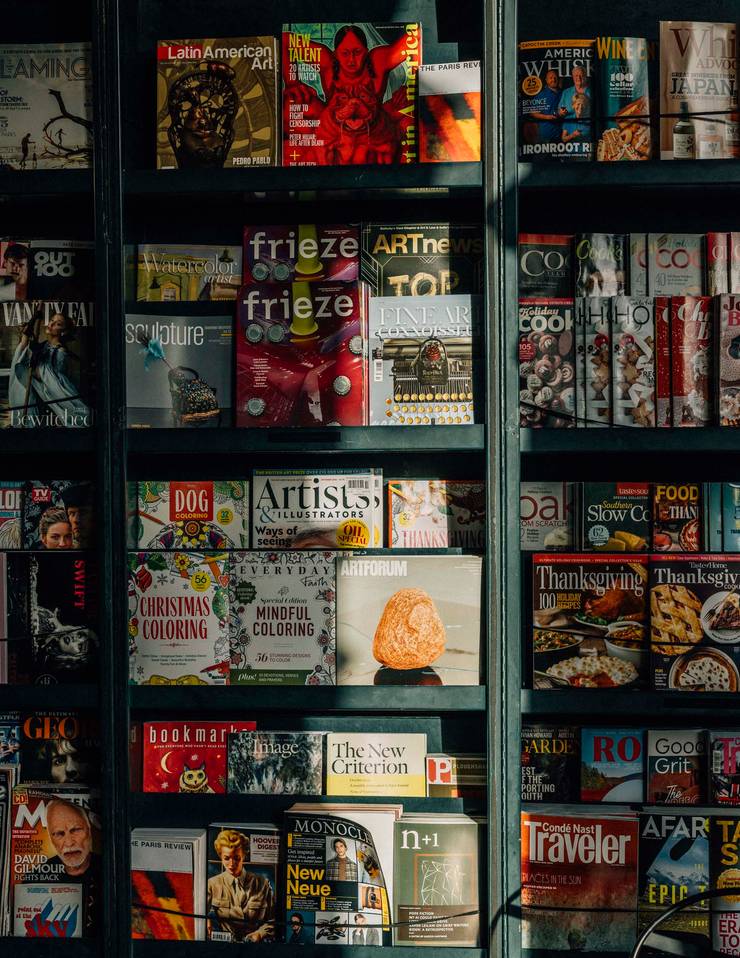
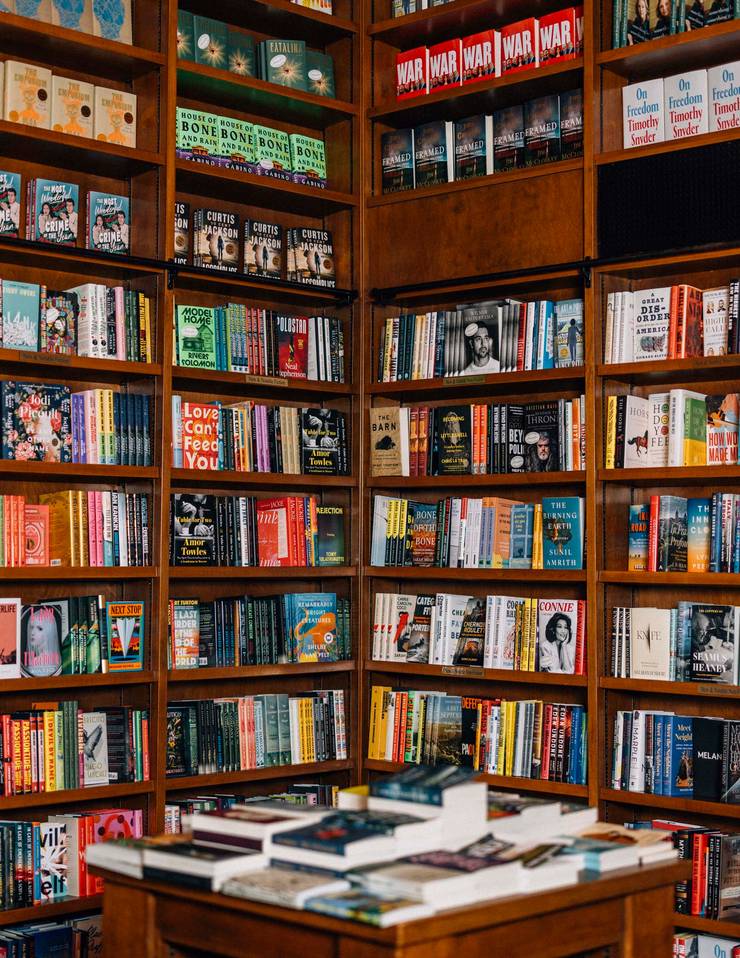
Within two years of opening, Kaplan further developed Miami’s literary reputation by creating the Miami Book Fair International, which is now the largest community book festival in the US with more than 400 writers on the bill each year.
On his own love of reading, Kaplan quotes Jorge Luis Borges – “I cannot sleep unless I am surrounded by books” – and adds that “a good book is an empathy machine. It’s why there are attempts to limit their distribution. Reading a book allows us a window into another’s world, and sensibility, which makes us more accepting of our differences.”
Browse the shelves at Books & Books flagship in Coral Gables, 265 Aragon Avenue, Miami 33134.
booksandbooks.com
Spirits in style
Julio Cabrera
Founder and master bartender, Cafe La Trova
At his bar in Miami’s Little Havana neighbourhood, Cafe La Trova, Julio Cabrera has become a celebrated ambassador for Cuban culture by bringing its cantinero style of bartending to America. In the process, he has become one of the world’s most influential bartenders, crafting exceptional cocktails while authentically showcasing his heritage. “When I started bartending in the US, I realised that what we had been doing forever in Cuba was unique,” says Cabrera.


“I knew instantly that I didn’t want to just become another American mixologist. I’m Cuban so I wanted to bring my style to the US and I felt that I had to open my own bar to pay homage to my roots.”
At Cafe La Trova, Cabrera and his colleagues showcase their unique cantinero skills, which combine entertainment with regional cocktail recipes. Bartenders perform the style’s flashy techniques, such as tossing shakers in the air, accompanied by Cuban music and bar snacks like empanadas and croquetas.
Today, Miami’s Little Havana is a hub for celebrating the traditions of cantinero and Cabrera is leading the way. “We showcase traditional music every night,” he says. “People dance and sing. There’s an energy to the place and we are upholding traditions of cantinero style, which is something different from just bartending. It’s an art form.”
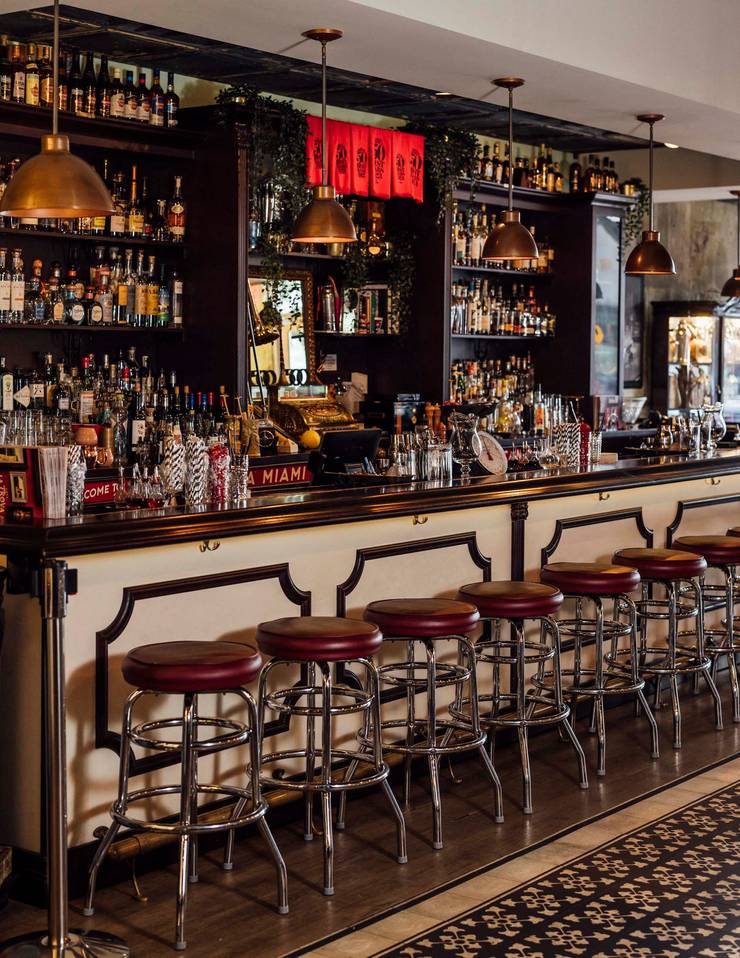
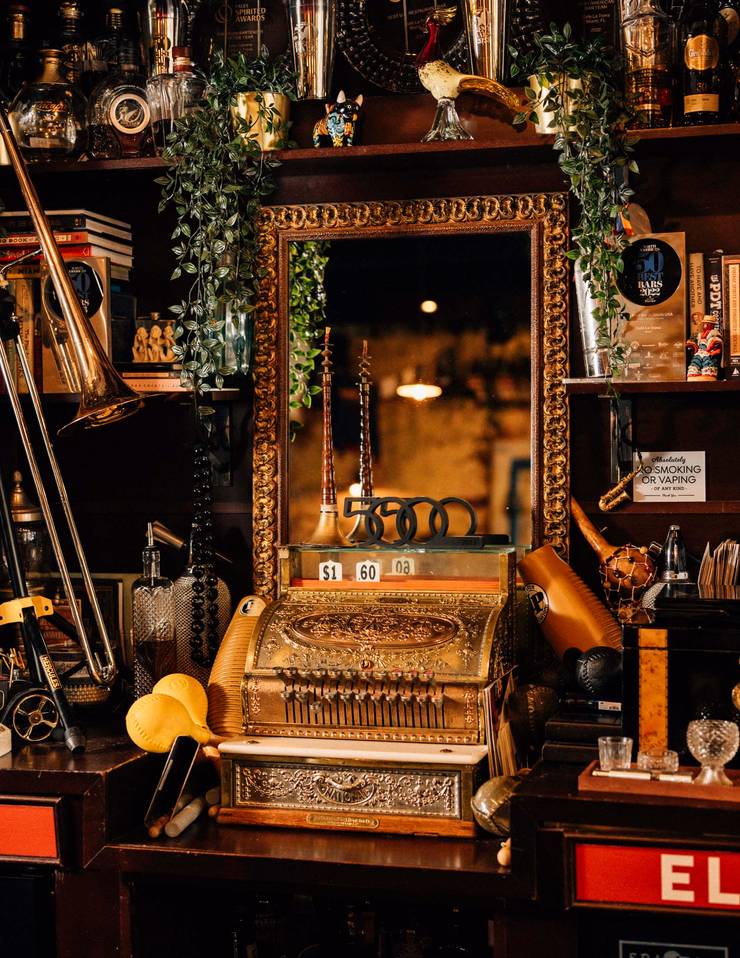
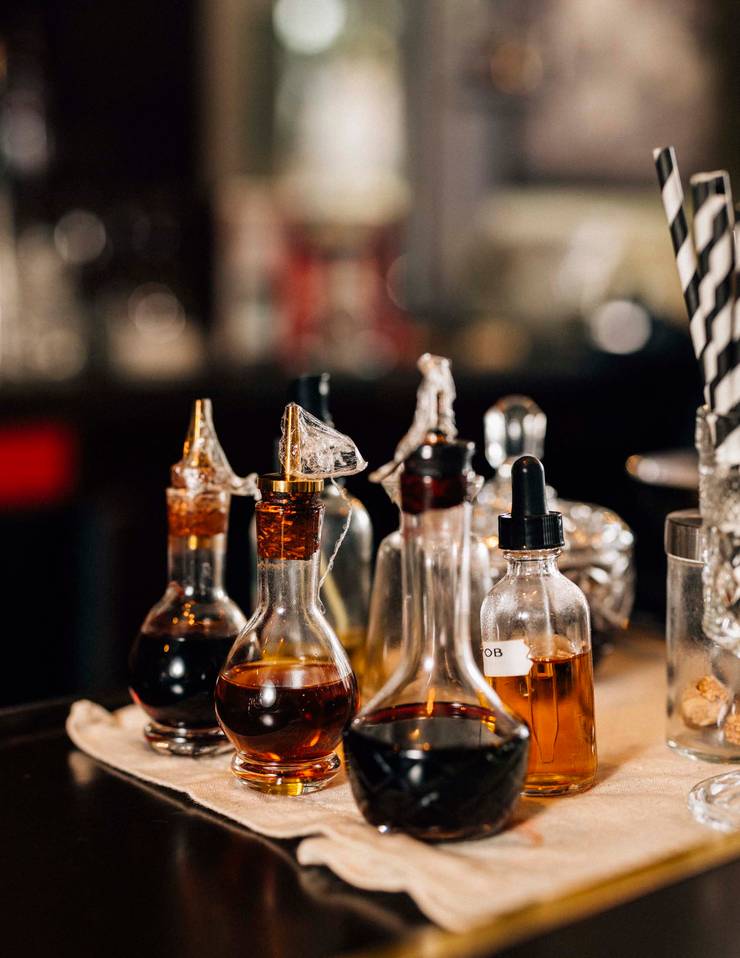

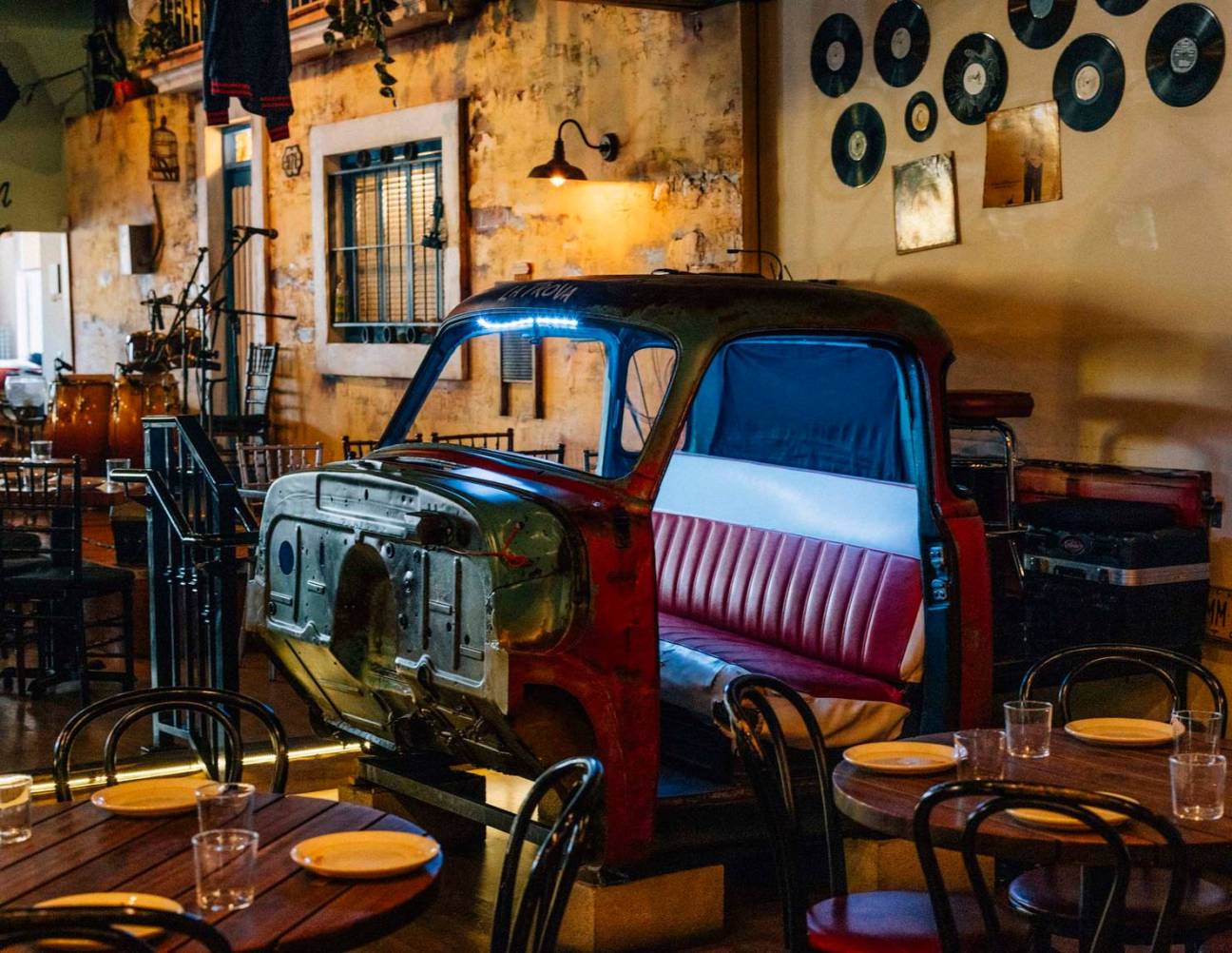
“What I found is that I can be myself behind the bar,” he adds. “I can talk to people, dance, sing, and entertain. Yes, I can make amazing drinks, but it’s more about creating a dialogue with people and making sure that they’re enjoying it. We’re part of the show. People go to bars for the bartender, the conversation, the atmosphere, the feeling of it all.”
Experience one-of-a-kind cocktails at Cafe La Trova, 971 SW 8th Street, Miami 33130.
cafelatrova.com
From bean to bar and beyond
Carolina Quijano
Founder, Exquisito Chocolates
Former Wall Street consultant Carolina Quijano happened upon a life-changing hot chocolate during a business trip to France. It reminded her of the Colombian beverage that she grew up drinking. “It had less sugar and a strong taste of cacao that was very pure,” she says. “I became obsessed with recreating the recipe and bringing it back to the US.”

Returning home to New York, Quijano realised that if she wanted hot chocolate of that same high quality, she would have to make it herself. So she quit her job, relocated to Miami and founded Exquisito Chocolates in 2014. At the brand’s shop in the Little Havana district, Quijano and her team craft Exquisito’s beloved hot chocolate and single-origin chocolate bars. “We make everything in-house,” she says. “We roast the cacao from different farms around the world and we have full control over the entire process.”
Simple by design, Quijano’s bars are made with cacao and unrefined cane sugar to highlight the chocolate’s terroir. Everything is done by hand, which adds more than a week to the regular chocolate-making process. “We do things most chocolatiers wouldn’t spend time doing,” she says.
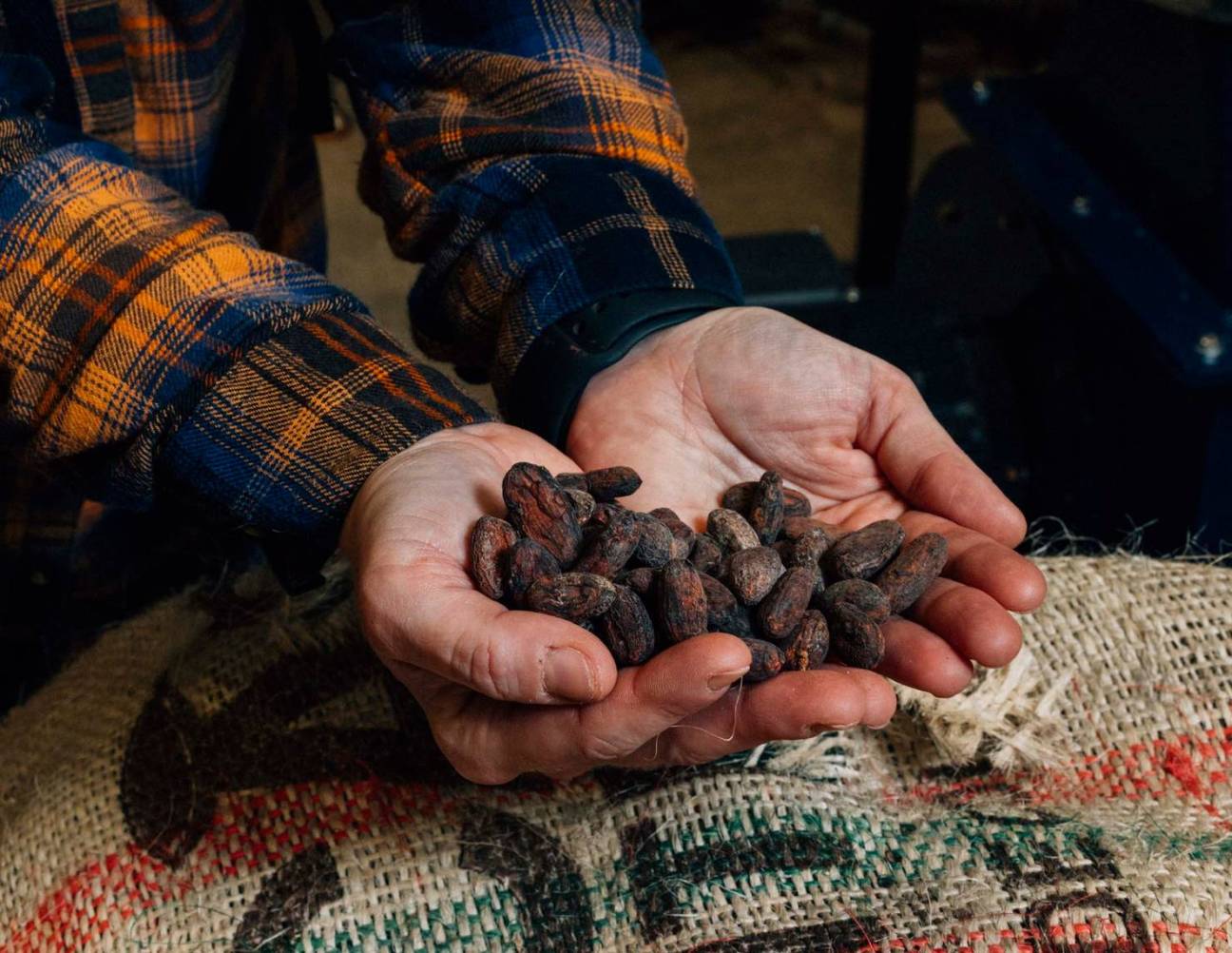
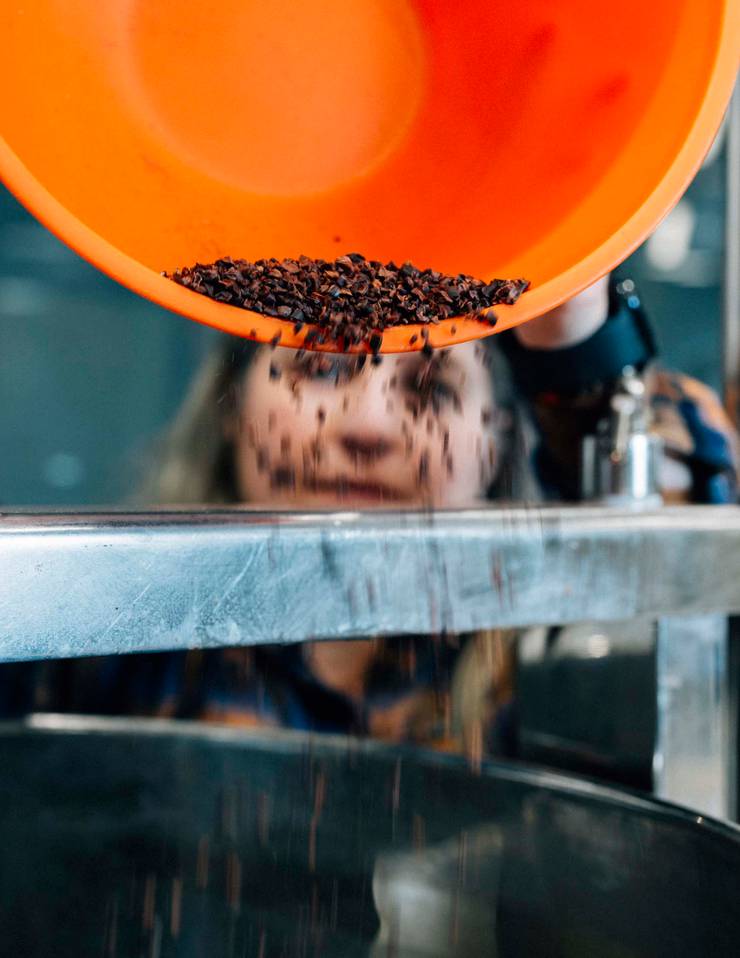


Some of Exquisito’s bars pay homage to Little Havana. “I was drawn to Miami because of its Latin vibrancy and felt there was an opportunity to do something unique here,” says Quijano. “It’s always felt like home.”
Exquisito recently expanded into a larger factory with a glass partition between its café and kitchen, so that visitors can watch the making process. “We’re excited for this space, which will allow us to continue sharing our craft with people in Miami,” she adds.
Taste Exquisito Chocolates’ bean-to-bar creations at its new café and shop at 1920 SW 8th Street, Miami 33135.
exquisitochocolates.com
Ride, roast, repeat
Matt McKenna
Founder, Imperial Moto Café
When opening Imperial Moto Café in 2017, founder Matt McKenna set out to combine his two passions: vintage motorcycles and specialty coffee. Housed in an old mechanic’s shop, Imperial Moto Café has since become a haven for people from the community and beyond to gather, share stories and engage in conversation. “Watching this space thrive is what drives us,” he says. “It has grown from a coffee shop to having its own roastery, motorcycle shop and even clothing line. It’s been extremely rewarding.”
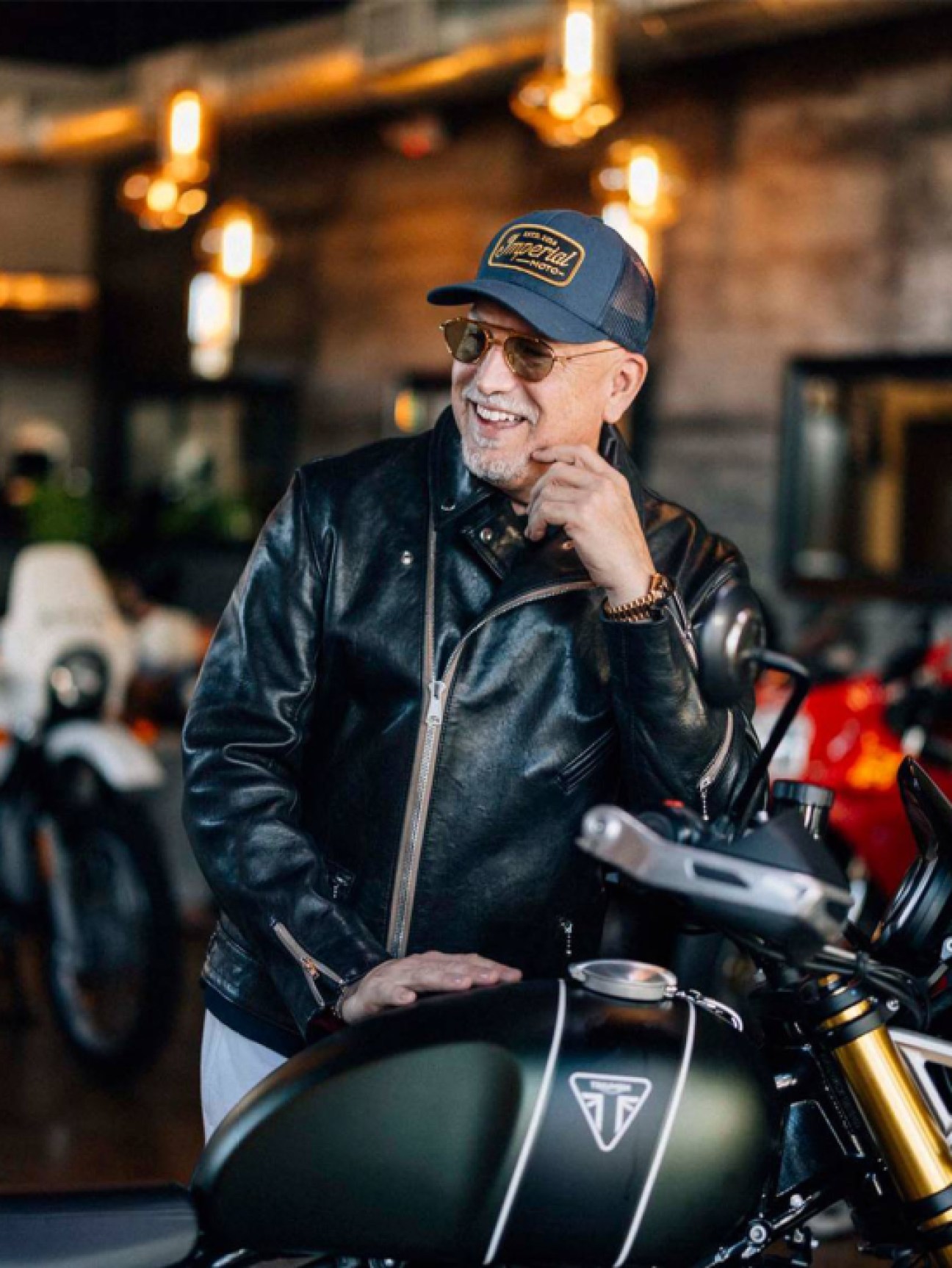
Now working with select coffee farms in Brazil and Colombia, the brand is dedicated to responsibly and sustainably sourcing its coffee, which it then roasts in-house. “The café embodies how we look at quality, sustainability and ethical practices across the board,” says McKenna.
His goal has always been to bring together enthusiasts with a shared appreciation for the craftsmanship of motorcycles and coffee. However, the business has evolved further to include a lifestyle brand run from its HQ in Miami’s Little River.
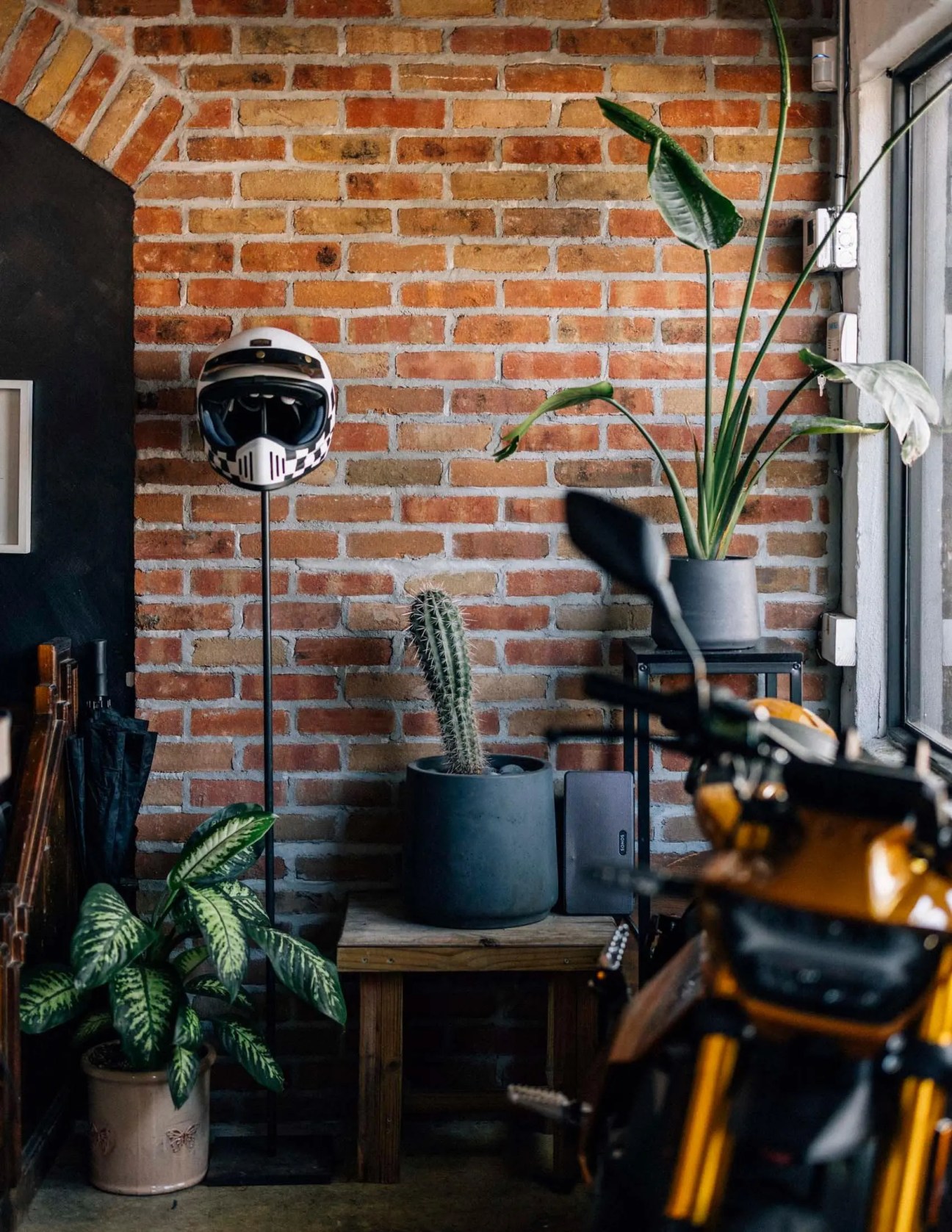
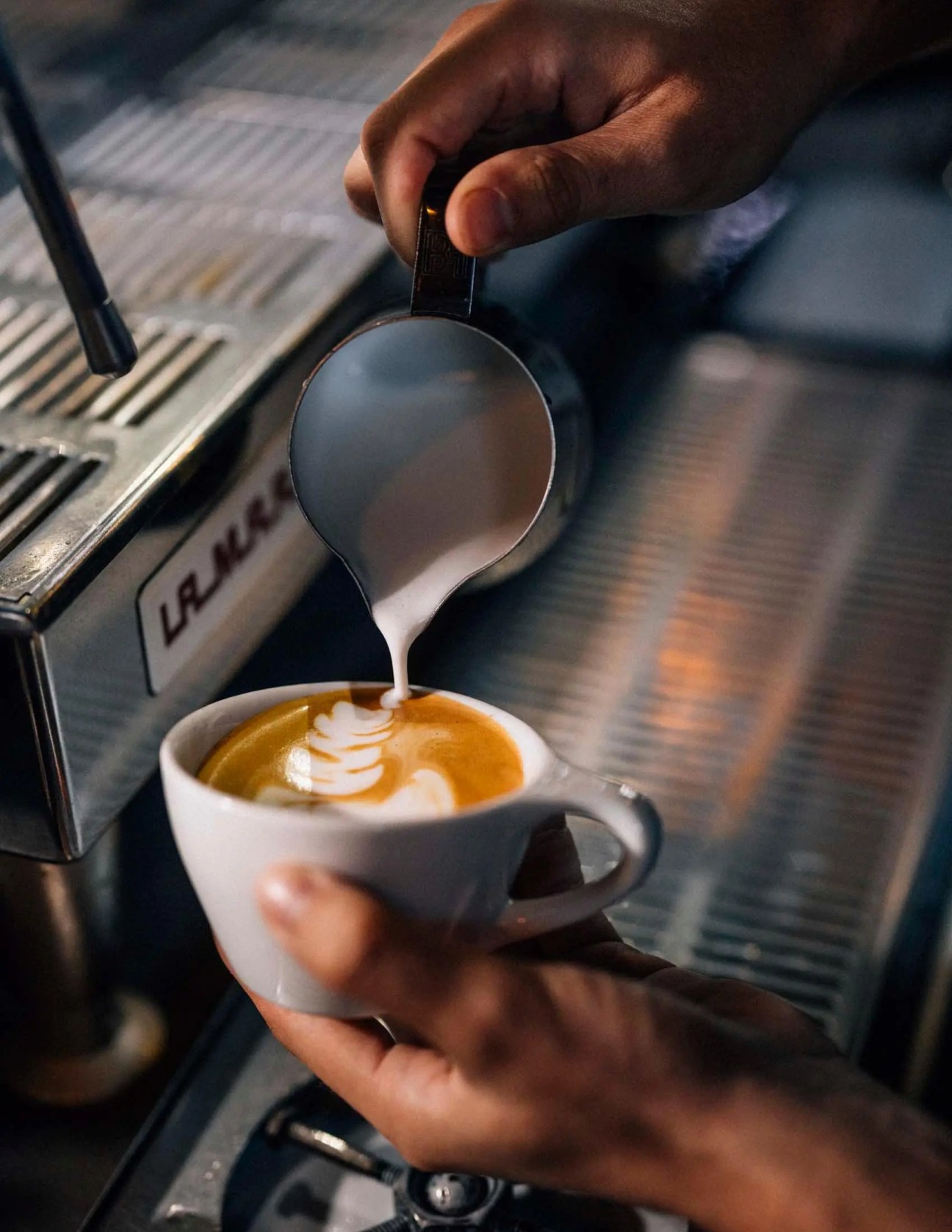
The historic neighbourhood has grown into an epicentre of creativity and new businesses since the café first opened its doors. “It’s built around creators and entrepreneurs who have a passion for disrupting in the best sense,” says McKenna. “Everyone is doing their thing and doing it well. It’s more fun when you’re in a circle of people thinking outside the box.”
Imperial Moto Café plans to add an evening lounge that serves wine and craft beer. “Whether you come here to watch mechanics work on bikes, listen to music, chat with enthusiasts or enjoy the coffee, it’s always going to be done with the same intention,” says McKenna.
Enjoy coffee and vintage motorcycles at Imperial Moto Café, 7299 NW 2nd Avenue, Miami 33150.
imperialmoto.com
Curating for the community
Franklin Sirmans
Director,
Pérez Art Museum Miami
When Franklin Sirmans joined Pérez Art Museum Miami (PAMM) as director, he wanted to promote artistic expression and advance the public’s knowledge and appreciation of art. He believes museums are about people and his idea for the museums of the future focuses on the relationship between social change and visual culture.
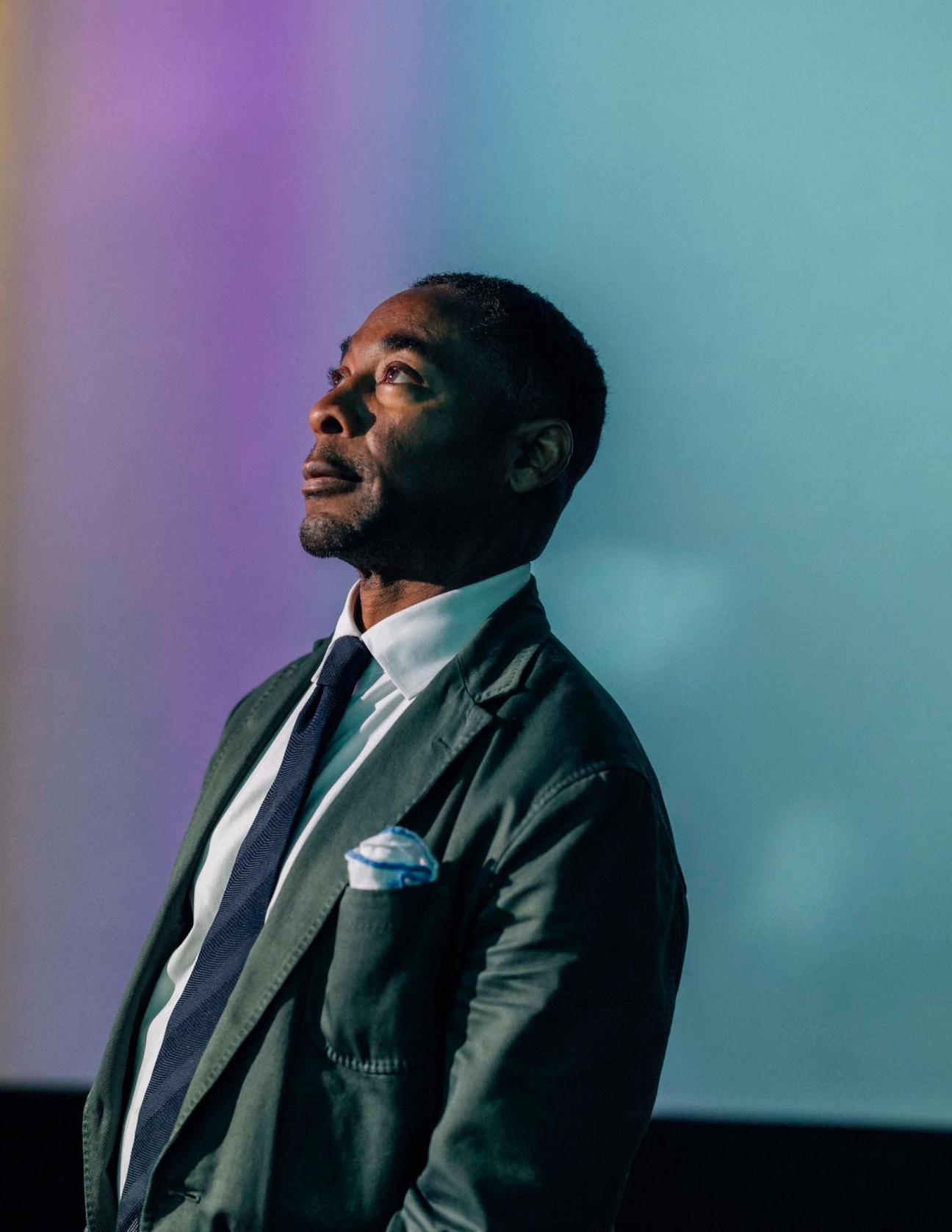
Sirmans’ leadership has been built on creating meaningful and authentic relationships with artists across the world.
He and his team also strive to support progressive arts education and build community cohesion. “People ask what the most valuable piece in the collection is,” says Sirmans. “It depends how we define value. Sometimes it’s about how art affects people, touches them or how they can learn something.”

“In the future, I would love to see more museums having different relationships with the community, relationships that are more engaged in conversation and allow these dialogues to influence the way that we do things.”
Explore the collection at Pérez Art Museum Miami, 1103 Biscayne Boulevard, Miami 33132.
pamm.org
Luxury with a tropical twist
Laure Hériard Dubreuil
Founder, The Webster and LHD
Paris-born Laure Hériard Dubreuil began her career in fashion as a merchandiser for Balenciaga and Yves Saint Laurent. During this time, she began travelling to Miami for Art Basel and saw that the city was missing an outpost for luxury labels.
In a metropolis filled with artists, collectors and creatives, Hériard Dubreuil felt that there was no one catering to high-end fashion needs.
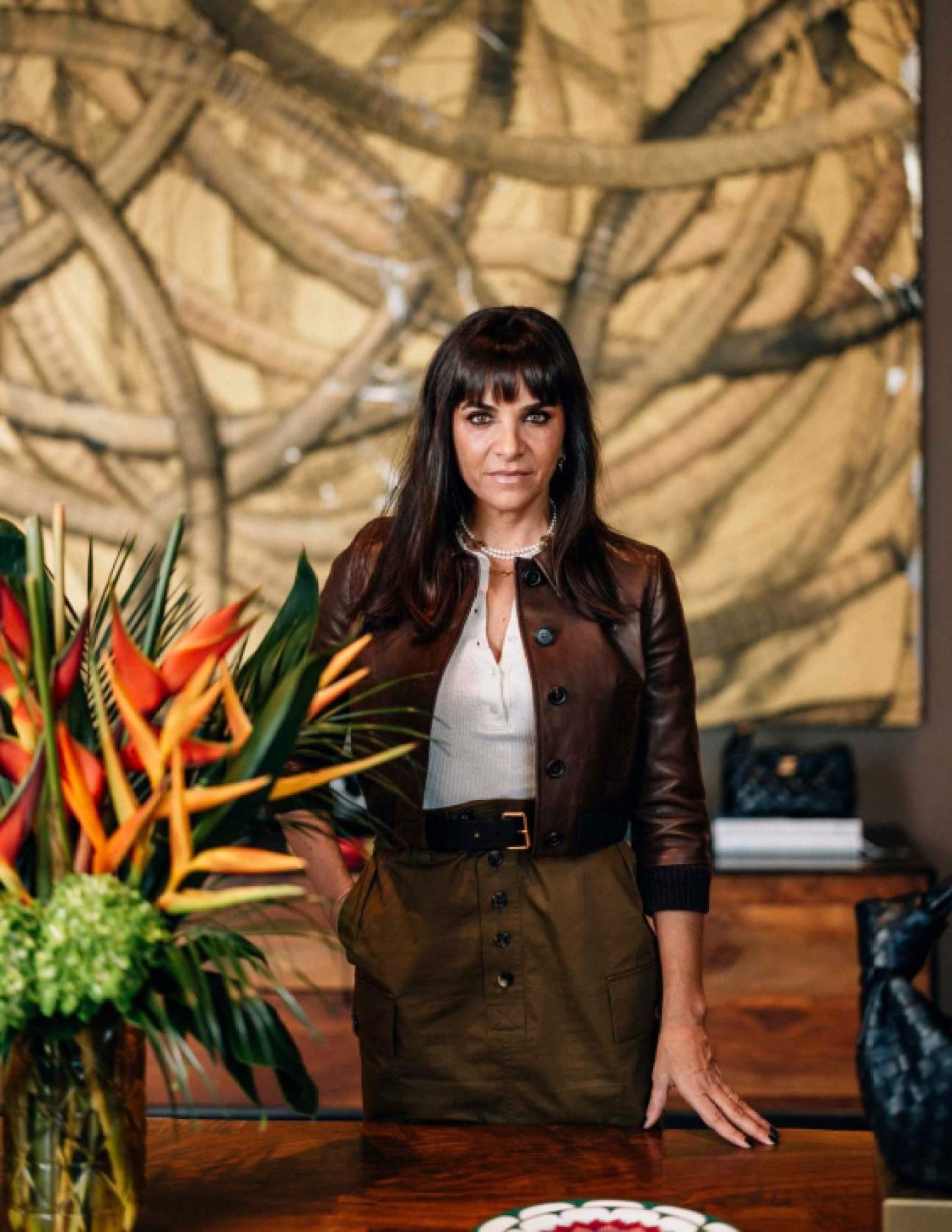
She saw a chance to bring innovative, of-the-moment designers that she loved to South Beach – and launched The Webster boutique shortly after.
Hériard Dubreuil grew up in the south of France, where she cultivated a love of classic couture pieces while playing dress-up with her grandmother’s wardrobe. “Even today, I adore fashion that lasts,” she says. “That’s ultimately how I choose clothes for The Webster. I consider items that are timeless but often with a twist to provide something interesting and unexpected.”
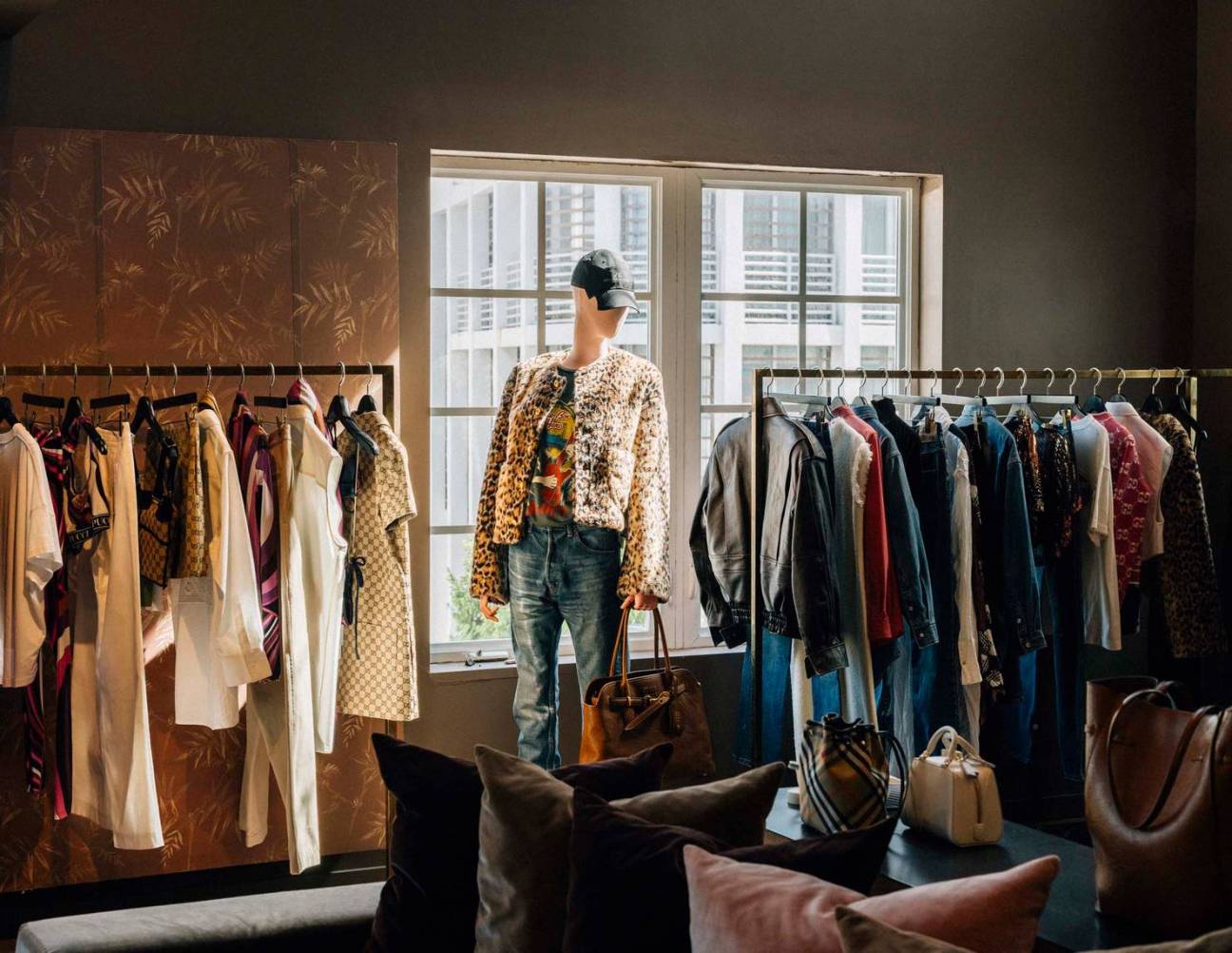
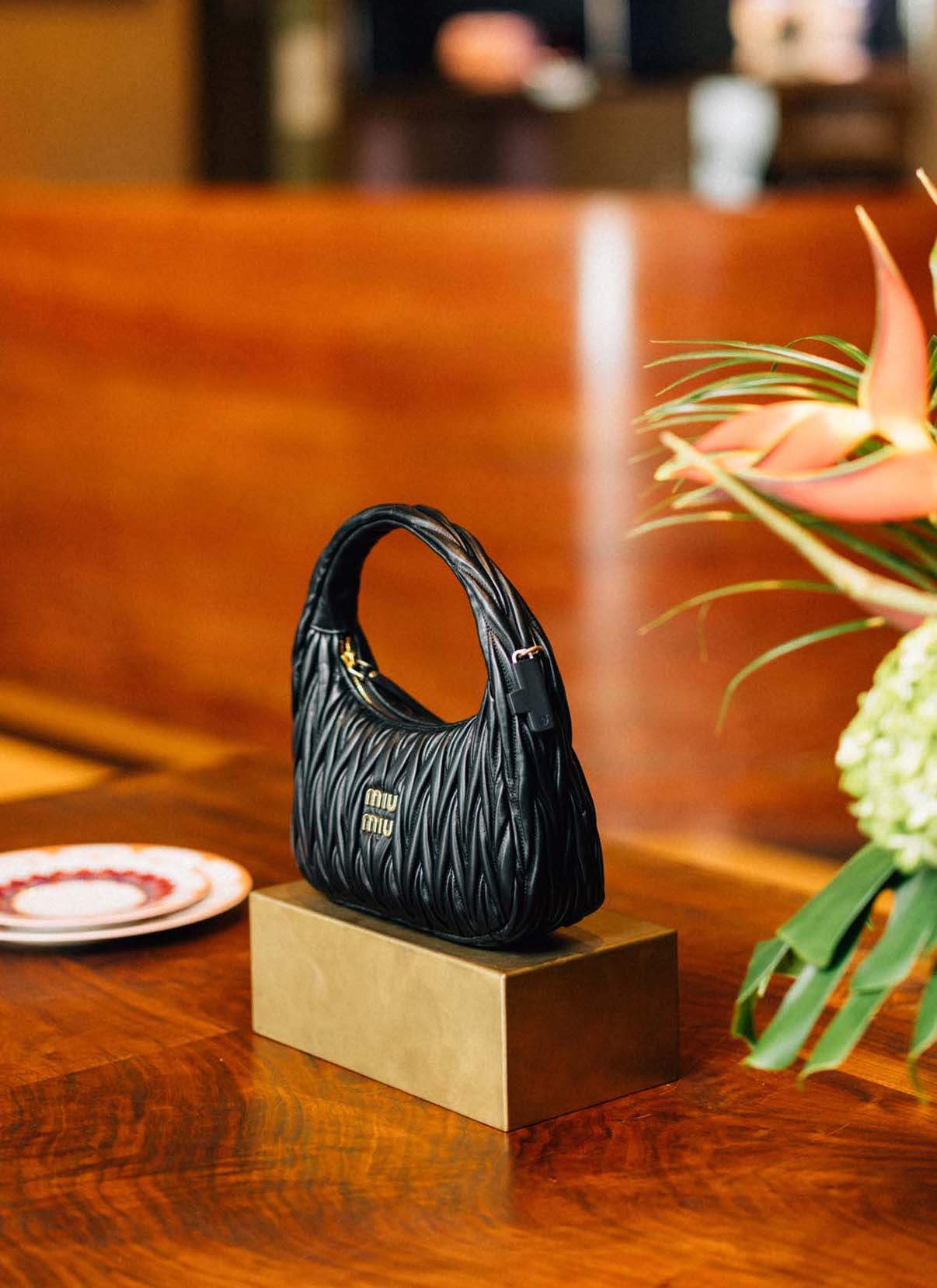
By curating The Webster with this in mind, Hériard Dubreuil’s selections have resonated with high-profile visitors and canny members of Miami’s creative scene.
Following years of working with the world’s best fashion houses, she understands how best to highlight a designer’s vision in a way that feels thoughtful and unique – something that inspired her to launch her own label, LHD, sold exclusively at The Webster.
At the boutique, it’s not uncommon to find Chanel pieces alongside Superga trainers. For Hériard Dubreuil, curating the shop is akin to getting dressed in the morning. “That hadn’t been done in Miami before,” she says proudly.
Shop Laure Hériard Dubreuil’s curation of fashion at The Webster South Beach, 1220 Collins Ave, Miami Beach 33139 and The Webster Bal Harbour, 9700 Collins Ave, Miami 33154
thewebster.com
Where culture becomes cuisine
Sebastián Vargas,
Chef, Los Félix
A native Colombian raised in India, Sebastián Vargas travelled the world before settling in Miami. Between his Latin American roots and his training under renowned chefs such as Magnus Nilsson, Vargas has found culinary inspiration everywhere. But it was in the vibrant street markets of New Delhi where his journey began.
“I first fell in love with food when I was growing up in India,” says Vargas. “We had a female chef who was 70 and had been cooking her whole life.
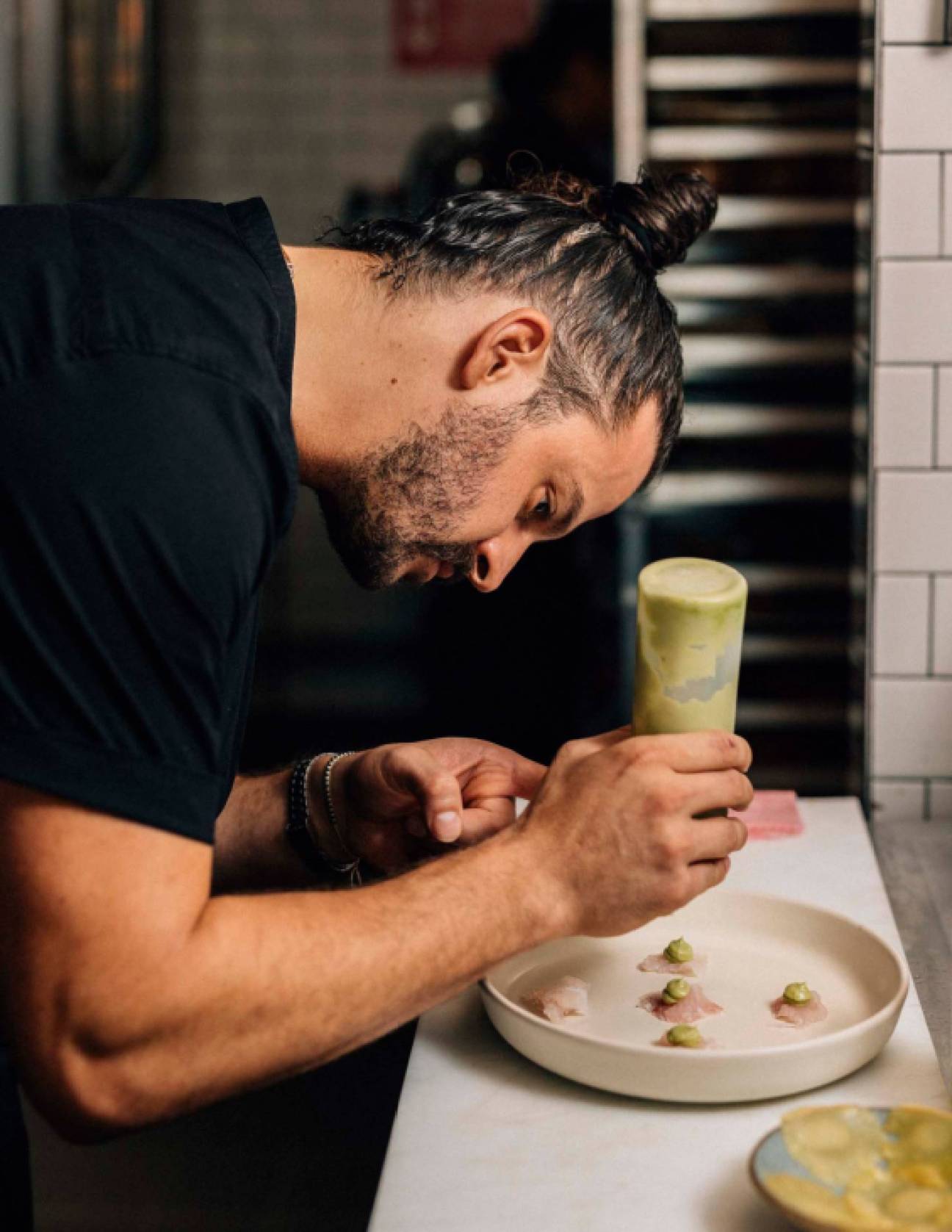
She took me to the markets and I fell in love with fragrances and colours. I’d ask the vendors questions and I realised that there’s a language of communication with food.”
After arriving in Miami in 2020, Vargas co-founded Grassfed Culture Hospitality, which birthed Los Félix and sister restaurant Krüs Kitchen, both of which he helms. “Los Félix is named after the actress María Félix and is a nod to the grandmothers who’ve carried ancestral wisdom and knowledge, the mothers who preserved these traditions, and the female trailblazers who embody the fierce and the tender,” he says.
The restaurant’s multisensory dining experience honours this through its flavours and laidback atmosphere. “With the menu, we aim to honour indigenous methods of cooking through grinding our own maíz daily, which is the foundation of many staple dishes such as esquites, corn grits, tetras and arepas,” says Vargas. “We’re showcasing these time-honoured native ingredients.”
“In four years, we’ve built two restaurants and a music venue,” he adds. “We currently have three more projects in the works. It’s been a beautiful experience to be part of the Miami community in this way. We’re fulfilling our dreams.”
Taste chef Vargas’s menu at Los Félix, 3413 Main Highway, Miami 33133.
losfelixmiami.com
An oasis of modern design
Stephan Weishaupt
Founder,
Weishaupt Design Group
German-born design aficionado Stephan Weishaupt collects objects and furniture from around the world. He founded Weishaupt Design Group, a portfolio of design-centric businesses that brings furnishings, art and objects to North America, in Toronto.
When Weishaupt decided to expand Avenue Road – Weishaupt Design Group’s flagship brand – to Miami, he found a 1932 villa designed by Martin L Hampton, a champion of the city’s art deco vernacular.
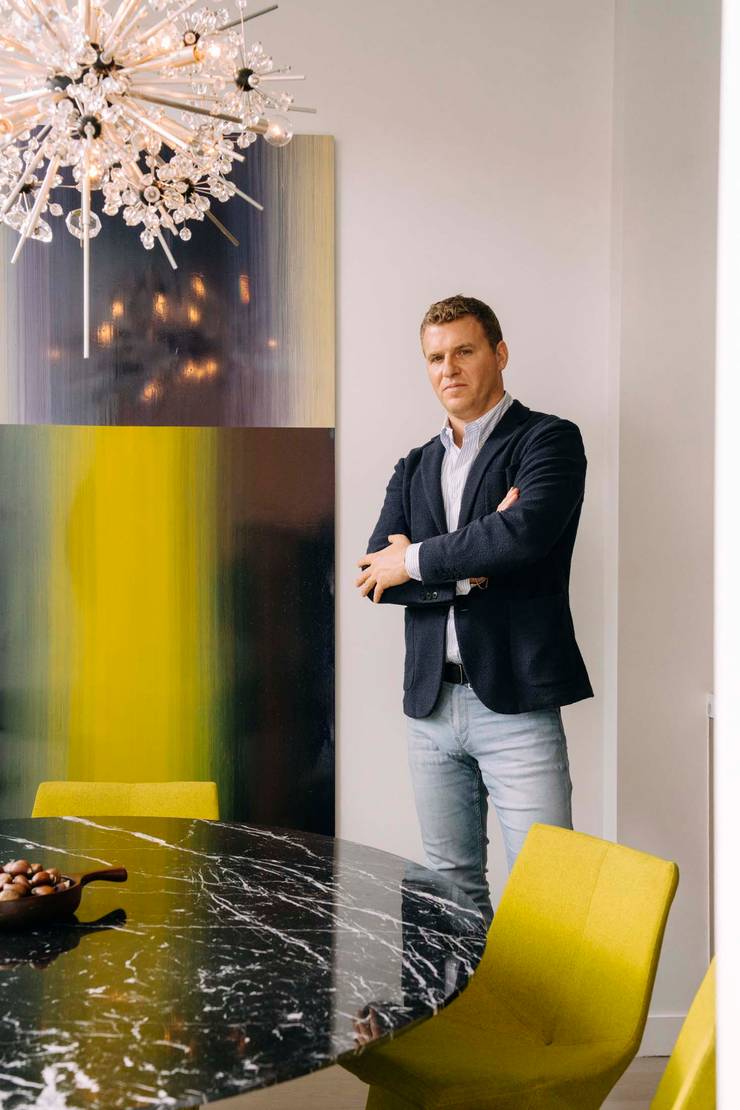
Weishaupt restored the building to its original glory while creating space for experimentation. “It was important to preserve the architectural integrity without being bound to a specific style,” he says. “I mixed features, played with colour and patterns, and brought together old loves and new acquisitions. It’s a place for exploration.”
Avenue Road’s Miami Beach Villa is a treasure trove of exquisite modernist items from designers such as Oscar Niemeyer, David Weeks and Christophe Delcourt. Weishaupt thinks of the villa as “a collection of memories”, which serves as a gallery of sorts, encouraging thoughtful buying experiences. “It was a beautiful canvas to work with and interesting to think about outside of the traditional showroom context,” he says. “I knew the items that we placed in the home needed to exhibit personality. I wanted them to have stories visitors could connect with.”
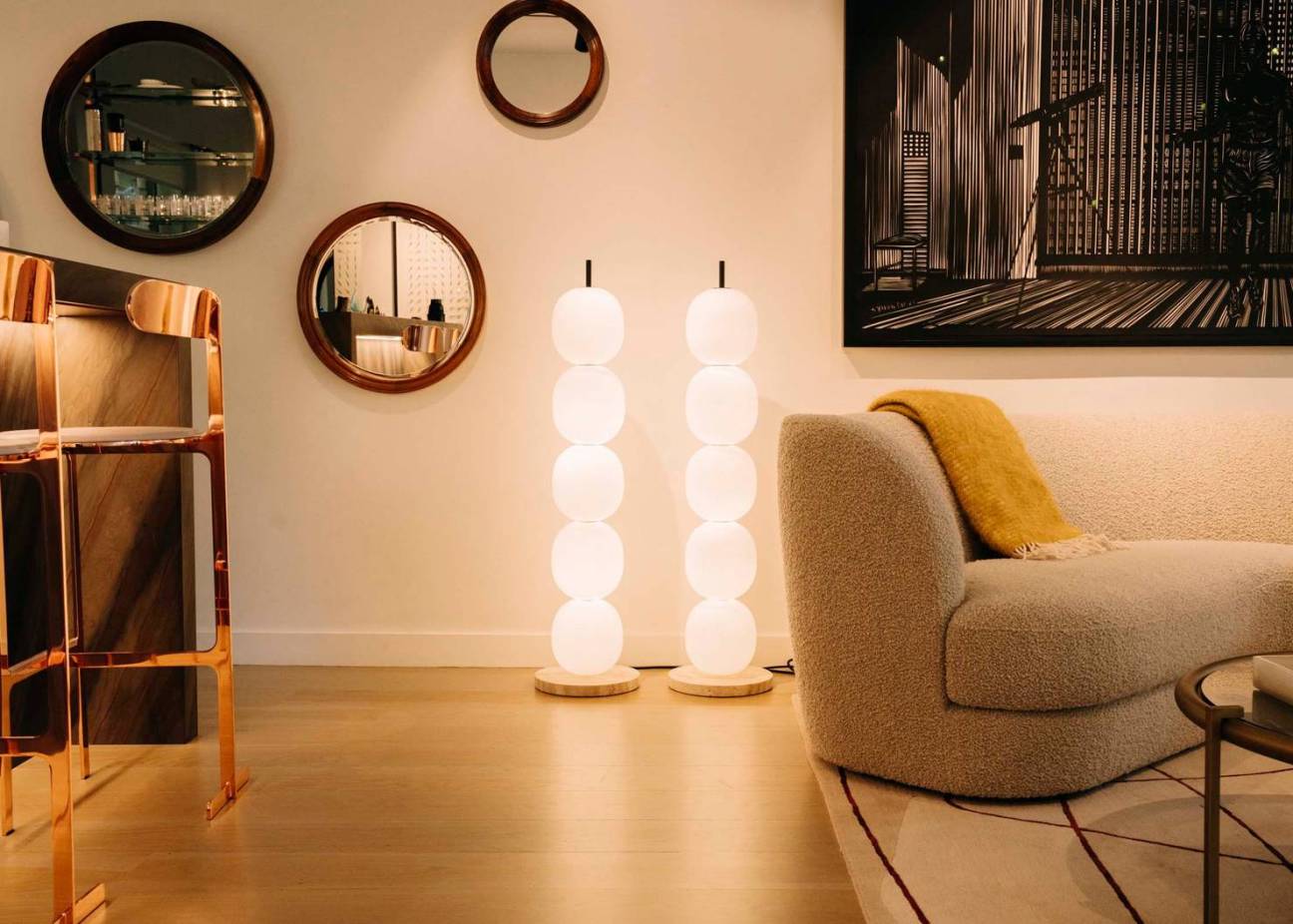
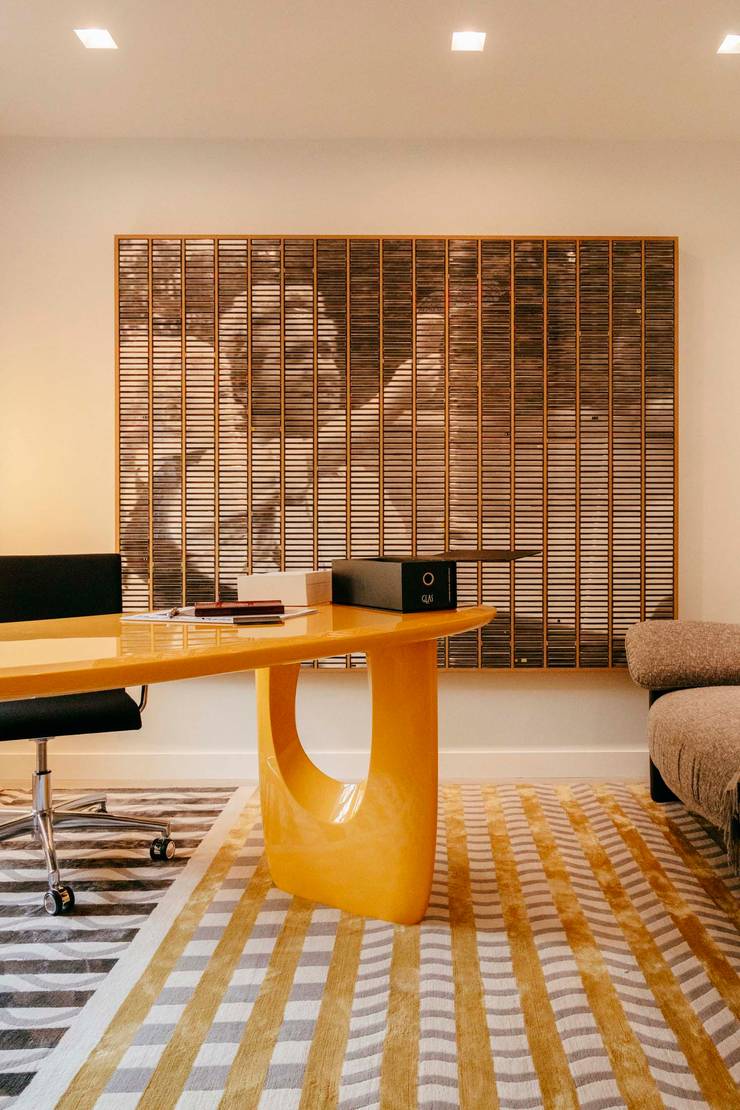
The space allows Weishaupt to show objects and interact with clients in unconventional ways. “Miami has roots in the art world, with incredible private collections and people with vision who make bold moves and big statements,” he adds. “It’s been an exciting city for cultivating an experiential project.”
Visit Avenue Road’s Miami Beach Villa by appointment only. 6010 Pine Tree Drive, Miami Beach, 33140.
avenue-road.com


